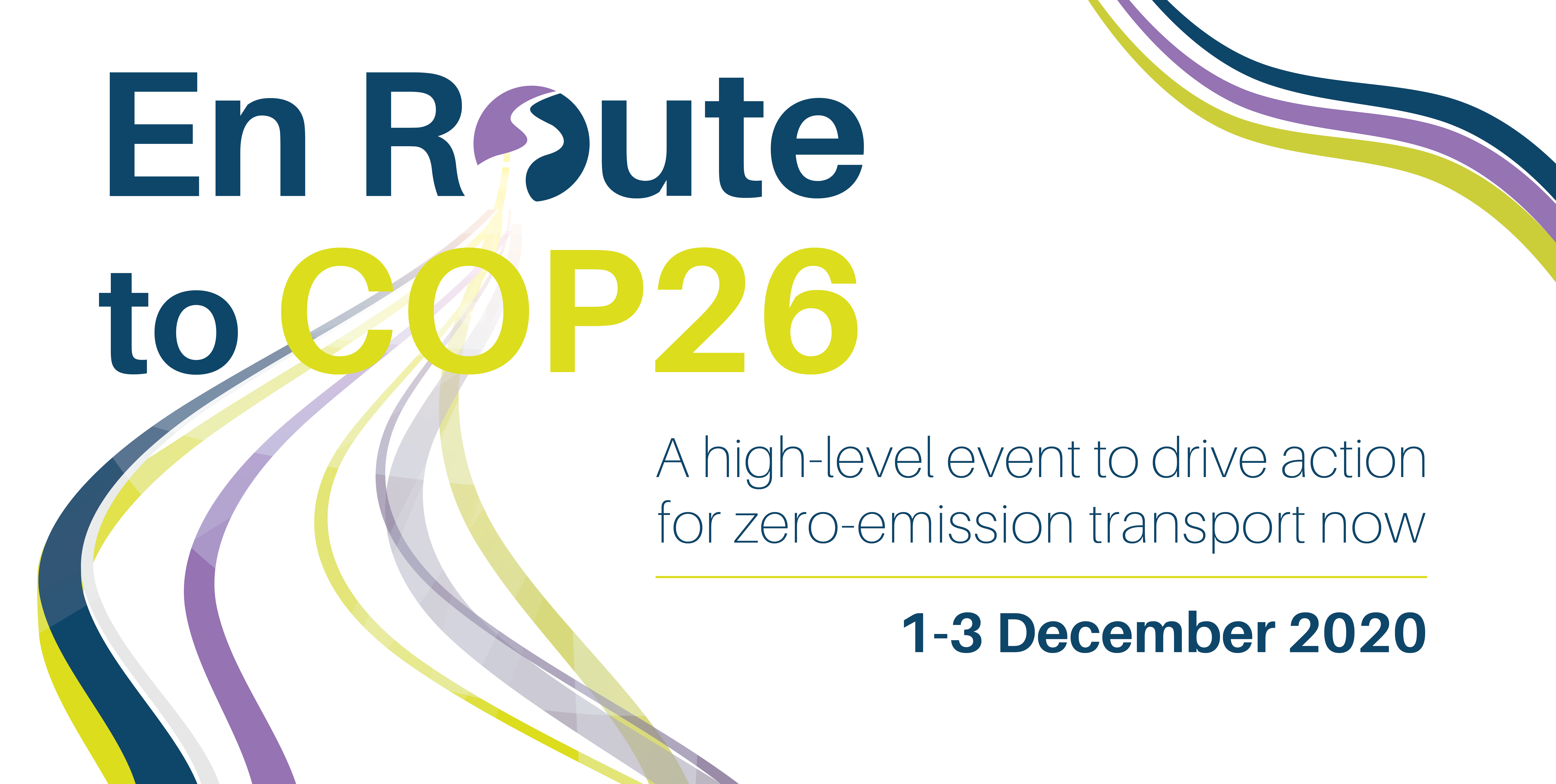Accelerating action towards zero-emission transport during En Route to COP26

2020 has been a challenging year. All economic sectors, including urban transport, have been impacted by the current pandemic and this year’s Conference of the Parties – COP26 – has been postponed to next year. But not all has been bad news!
Indeed, transport actors all over the world have made significant strides to keep the transport decarbonization agenda alive and, more importantly, to connect climate actions within the industry to both new and proven concepts. And that’s exactly what SLOCAT’s high-level event En Route to COP26 did. It leveraged the power of the global community of knowledge of urban mobility practitioners and decision-makers with the overarching purpose of accelerating action towards a zero-emission, resilient and inclusive urban transport sector.
MobiliseYourCity worked with SLOCAT, EUROCLIMA+, UITP and the Rocky Mountain Institute to conduct a session on low carbon urban mobility planning. The main question: how national and local planning can deliver on a number of goals simultaneously – from global climate goals to national emission targets and local urban mobility resilience, with benefits for all.
During the session, Köln, Uruguay, Ivory Coast and MobiliseYourCity members as the Philippines and Santo Domingo, shared their experiences on how the pandemic has been both a challenge and at the same time an opportunity for sustainable urban mobility. Dr. Sheilah Gaabucayan-Napalang, Assistant Secretary for Planning and Project Development in the Department of Transportation of the Philippines, shared how the pandemic has allowed the government to improve Public Transportation by rationalizing routes and introducing service contracting.
Representants from The Philippines and from Uruguay both emphasized the importance of national enabling frameworks to support cities transition to sustainable mobility that is both resilient, zero-carbon and inclusive. The two countries have been developing National Urban Mobility Policies and Investment Programmes (NUMPs) with the support of the MobiliseYourCity Partnership and EUROCLIMA+.
The MobiliseYourCity Secretariat, together with its two main implementing partners AFD and GIZ, was also present during the event.
Lise Breuil, AFD’s Head of Mobility and Transport Division, reiterated on the importance of national and local coordination to decarbonize urban transport, which currently accounts to more than 50% of the transport sector’s Greenhouse Gas (GHG) emissions. According to Lise, ‘in order to be effective in planning in low-carbon mobility, we also need to be active at the national level’.
Michael Engelskirchen, GIZ’s Coordinator of EUROCLIMA+ Urban Mobility Component, presented the SUMP and NUMP toolkits, specifically developed to support cities and countries prepare national and local mobility plans that are tailored to their individual needs and economic conditions. The NUMP and SUMP toolkits make practical knowhow from many years of experience accessible to facilitate action on low-carbon transport.
Sasank Vemuri, MobiliseYourCity Secretariat’s Coordinator, presented the NUMP Guidelines, a hands-on and state-of-the-art approach to guide national governments in the development of strategic, action-oriented frameworks for sustainable urban mobility.
The En Route to COP26 tapped also on the potential of crowdsourcing and digital solutions to identify additional tools and materials to help mobility practitioners transform urban mobility. The result: an extensive resource guide, with valuable materials from MobiliseYourCity, SLOCAT, Euroclima+, UN-Habitat, and many more! Currently, the guide counts for 45 resources!
Download the resource guide here. Are you interested in contributing with your own tools to the guide? Then contact us at contact@mobiliseyourcity.net.
Download MobiliseYourCity NUMP Guidelines (available in English, French and Spanish) here.
Access the NUMP and SUMP Toolkits here.